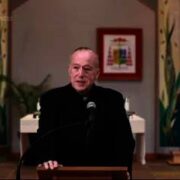Faces of the News: December 15, 2024

Romeo Acop
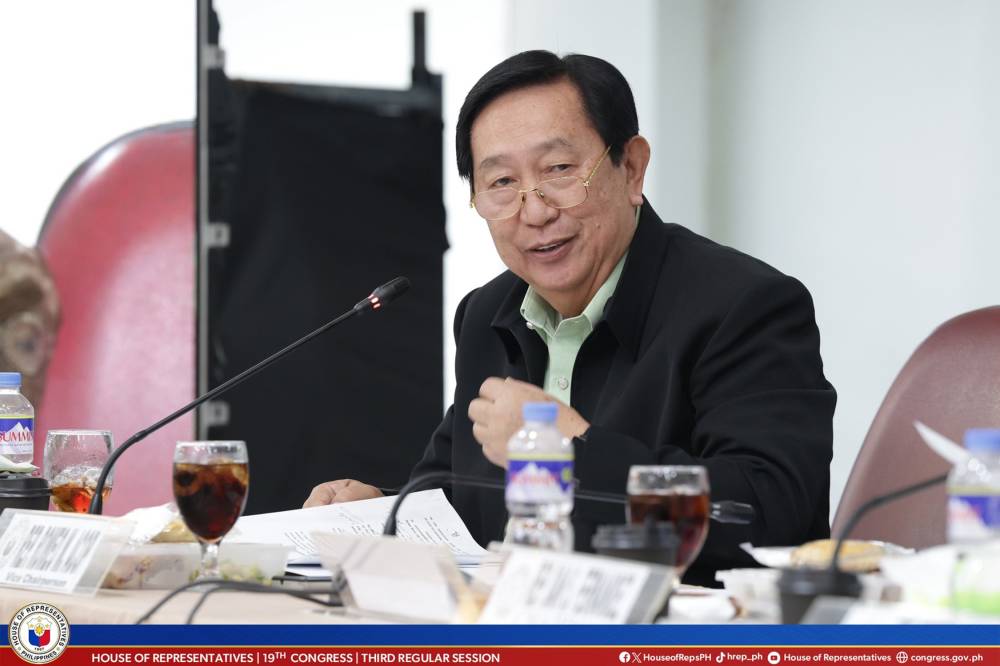
The Antipolo City congressman took on the unenviable task of summarizing the findings of the marathon hearings of the House quad committee investigating the links between offshore gaming operations, the illegal drug trade, and the war on drugs.
At the final committee hearing for the year on Thursday, Acop said the evidence had suggested that former President Rodrigo Duterte may be at the center of a “grand criminal enterprise” that enabled and profited off the drug war.
The former police general cited the testimonies of the people invited to the hearings: dismissed Police Col. Eduardo Acierto, ex-customs intelligence officer Jimmy Guban, ex-ustoms broker Mark Taguba, former Senators Leila de Lima and Antonio Trillanes, and former Philippine Charity Sweepstakes Office General Manager Royina Garma, who have all identified either Duterte or people close to him as having links to the drug trade or to the human rights violations.
Acop pointed out the irony of Duterte winning on a platform of against illegal drugs and criminality, “only for him to be the face of illegal drugs and criminality himself.” —KRIXIA SUBINGSUBING
Pablo Virgilio David
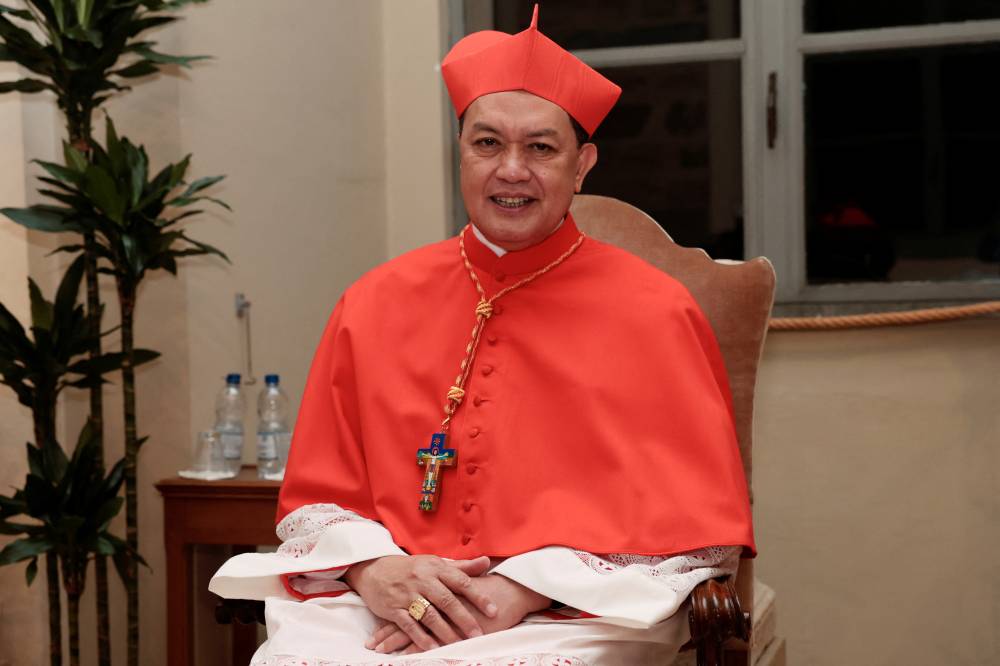
Kalookan Bishop Pablo “Ambo” David was formally elevated to the rank of cardinal, along with 20 others, during a consistory called by Pope Francis at St. Peter’s Basilica in the Vatican on Saturday, Dec. 7.
The 65-year-old David became the 10th Filipino cardinal in history, serving as among the closest advisers of the Pontiff whose main responsibility is to elect the Pope’s successor. David was the first Filipino cardinal to not be an archbishop and not come from the prominent archdioceses in the country.
From his elevation rites in Rome, he returned to the country on Dec. 14 and led a Thanksgiving Mass at San Roque Cathedral in Caloocan City. Among the thousands of attendees were several family members of those who were killed during the war on drugs of former President Rodrigo Duterte, which he vehemently criticized.
During his homily, he also talked about humility and learning to face rejection and persecution especially in this day and age of social media. —DEXTER CABALZA
Sonofrio Vasquez
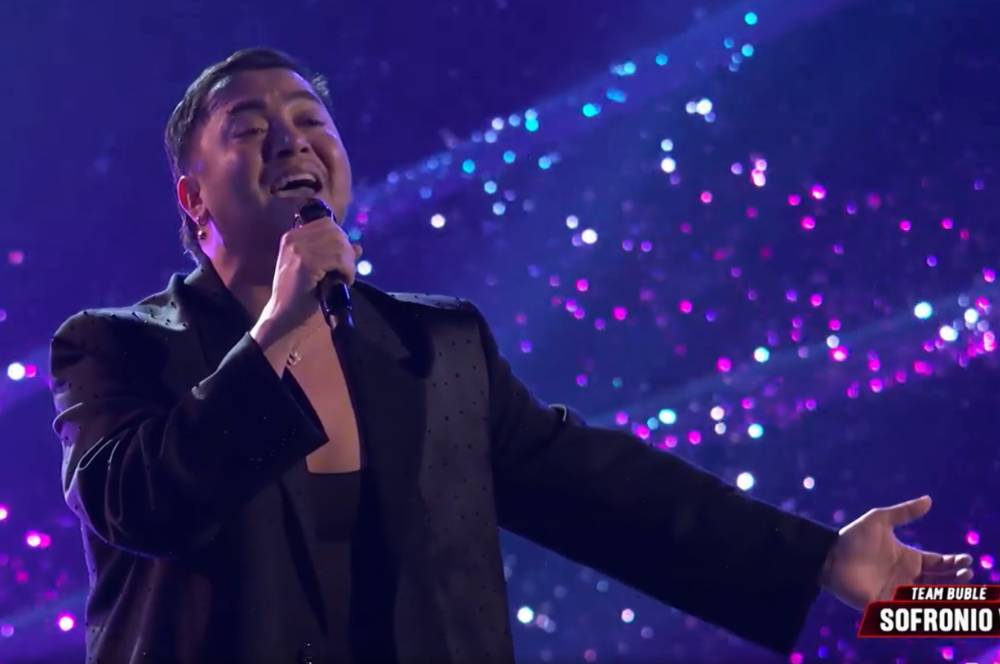
Sofronio Vasquez III became the first Filipino and first Asian to win the grand prize in the popular American reality TV singing competition ‘’The Voice.”
Vasquez, who hails from Mindanao, but moved to the United States after the death of his father two years ago, was one of five finalists in Season 26. He was overcome with emotion when declared the winner on Dec. 10, sinking to his feet and fighting back tears.
His mentor, balladeer Michael Buble, was also a winner as this was only his first time as coach on the show. While still in the Philippines, Vasquez joined a special edition of the music competition “Tawag ng Tanghalan” where he placed third.
After his landmark triumph on Dec. 10, Vasquez said he was looking forward to calling up his mother and telling her all about his win.
Aside from the cash prize of $100,000, he goes home with a record deal with Universal Music Group. He described his win as “hope” for his family. “I was able to give them the best Christmas holiday ever.” —RAOUL J. CHEE KEE
Mohammad al-Bashir
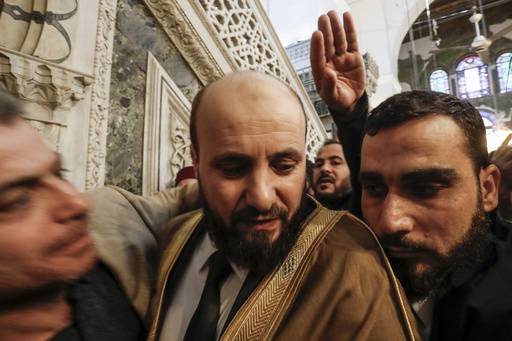
Mohammed al-Bashir, Syria’s transitional prime minister after the ouster of Bashar al-Assad, previously administered the northwestern province of Idlib. His first order of business after being appointed government caretaker was “to restart the institutions to be able to serve our people in Syria.”
He told Al Jazeera that he had met with members of the old government “in order to facilitate all the necessary works for … until we have [set up] a constitutional system.”
After his appointment by rebels under the Hayat Tahrir al-Sham—which took over Damascus following a 12-day lightning sweep—banks and shops started reopening in a sign of normalcy taking shape in the new Syria.
Al-Bashir is a trained electrical engineer and has accomplished studies in English, administrative planning and project management. Those are on top of a degree in Shariah and law. Al-Bashir is expected to lead Syria up to March 1, 2025 —PRESS RELEASE
Bashar al-Assad
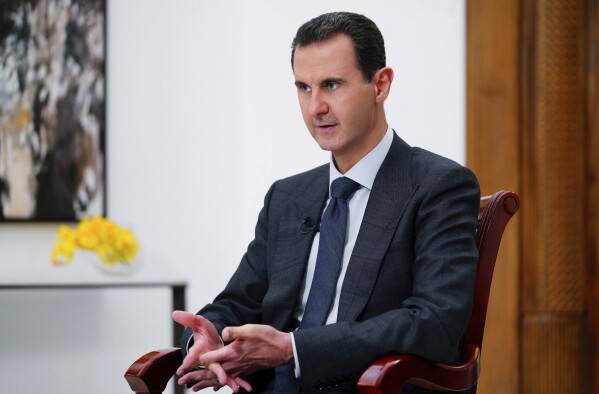
When Bashar al-Assad took power in 2000 through an election after his father Hafez al-Assad died, he inspired optimism among Syrians weary from his father’s 30-year autocratic rule.
He eased restrictions on freedom of expression and the press, and freed hundreds of political prisoners, an openness that had become known as “Damascus Spring.”
But within months, Assad—a former ophthalmologist who rose through the ranks in the military and government to succeed his father—showed he’s cut from the same cloth, employing threats and arrests to suppress pro-reform activism.
Throughout the 13-year civil war, Syrian forces have been tagged in severe human rights violations and brutal assaults against civilians.
The 2013 sarin gas attack in the city of Ghouta that left more than 1,400 people dead was declared a war crime by the United Nations.
His downfall last week after 24 years in power has set off a wave of celebration in Damascus.
He and his family have been granted asylum in Russia, an allied country where he had purchased 18 luxury apartments midway through the civil war. —PRESS RELEASE













